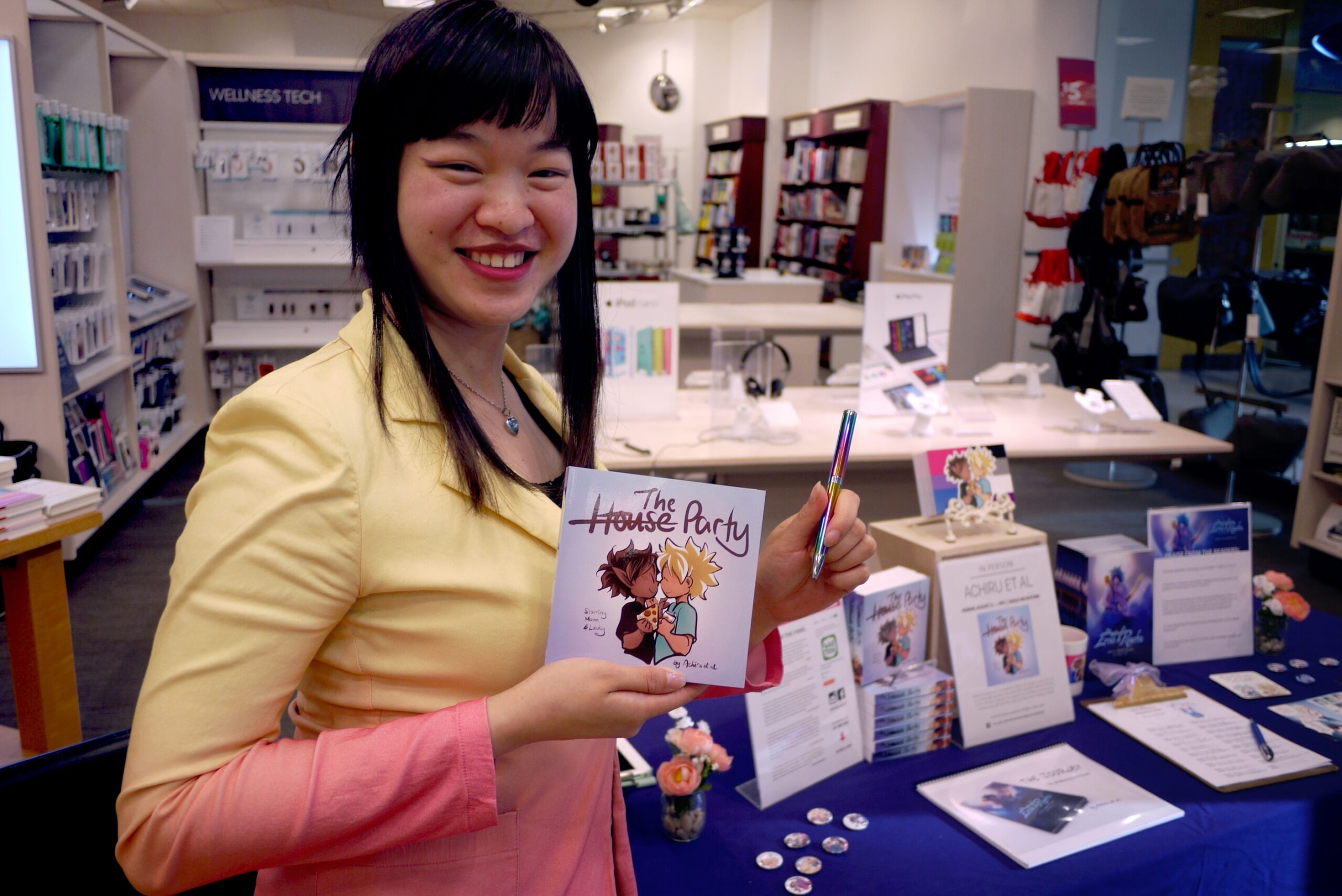
by Michele Kirichanskaya | Apr 22, 2023 | Blog
Born to immigrant parents from Hong Kong, Achiru et al (1988) is the creator of UNSPOKEN, the Myth of Eros and Psyche, and the Mann and Lucky Channel. Growing up watching anime and reading manga from Japan, Achiru was inspired to make her own comics. Since 2002, she’s...
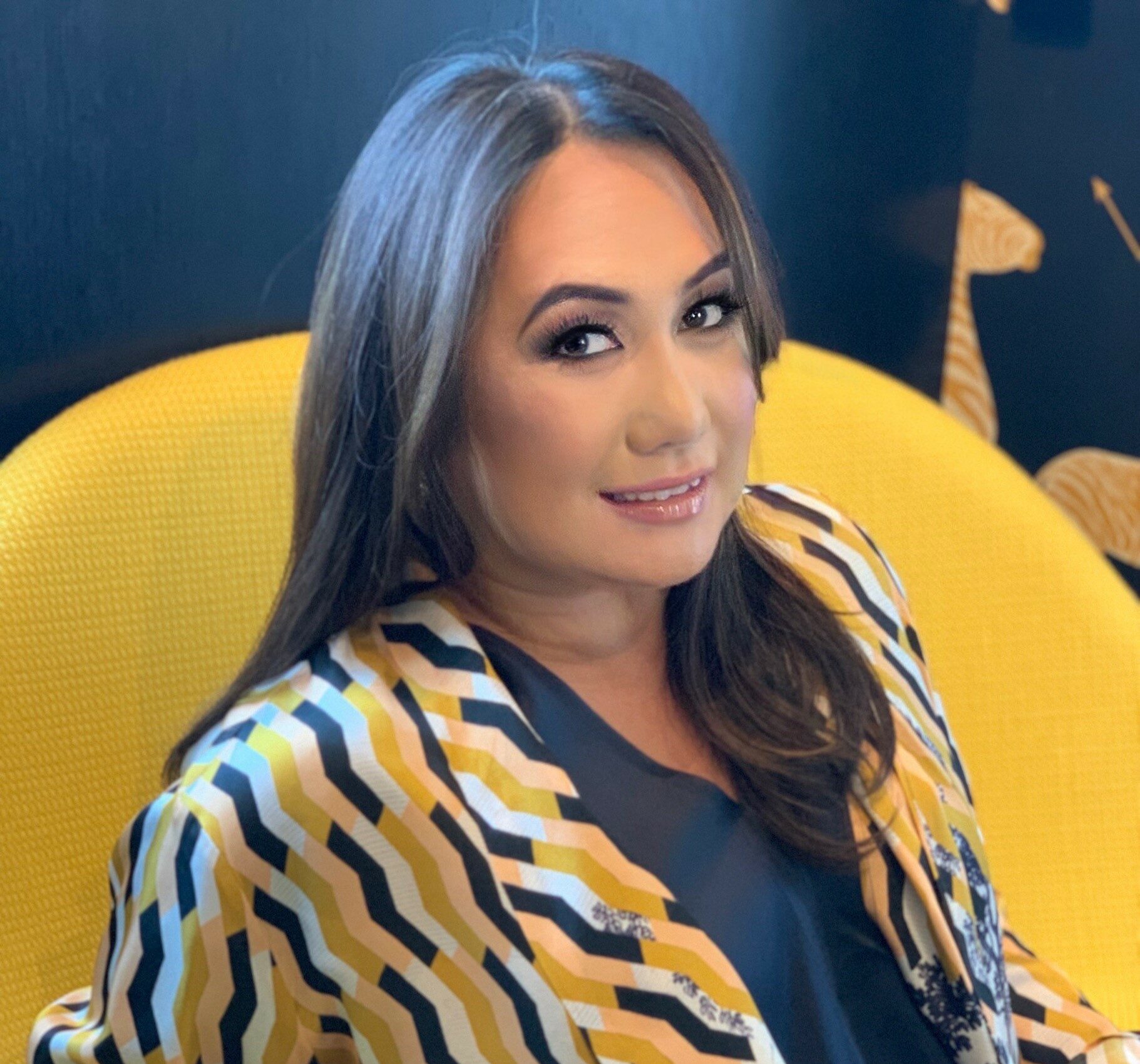
by Michele Kirichanskaya | Apr 19, 2023 | Blog
Melissa de la Cruz is the #1 New York Times, #1 Publishers Weekly, and #1 IndieBound bestselling author of Isle of the Lost and Return to the Isle of the Lost, as well as many critically acclaimed and award-winning novels for readers of all ages. Her books have also...
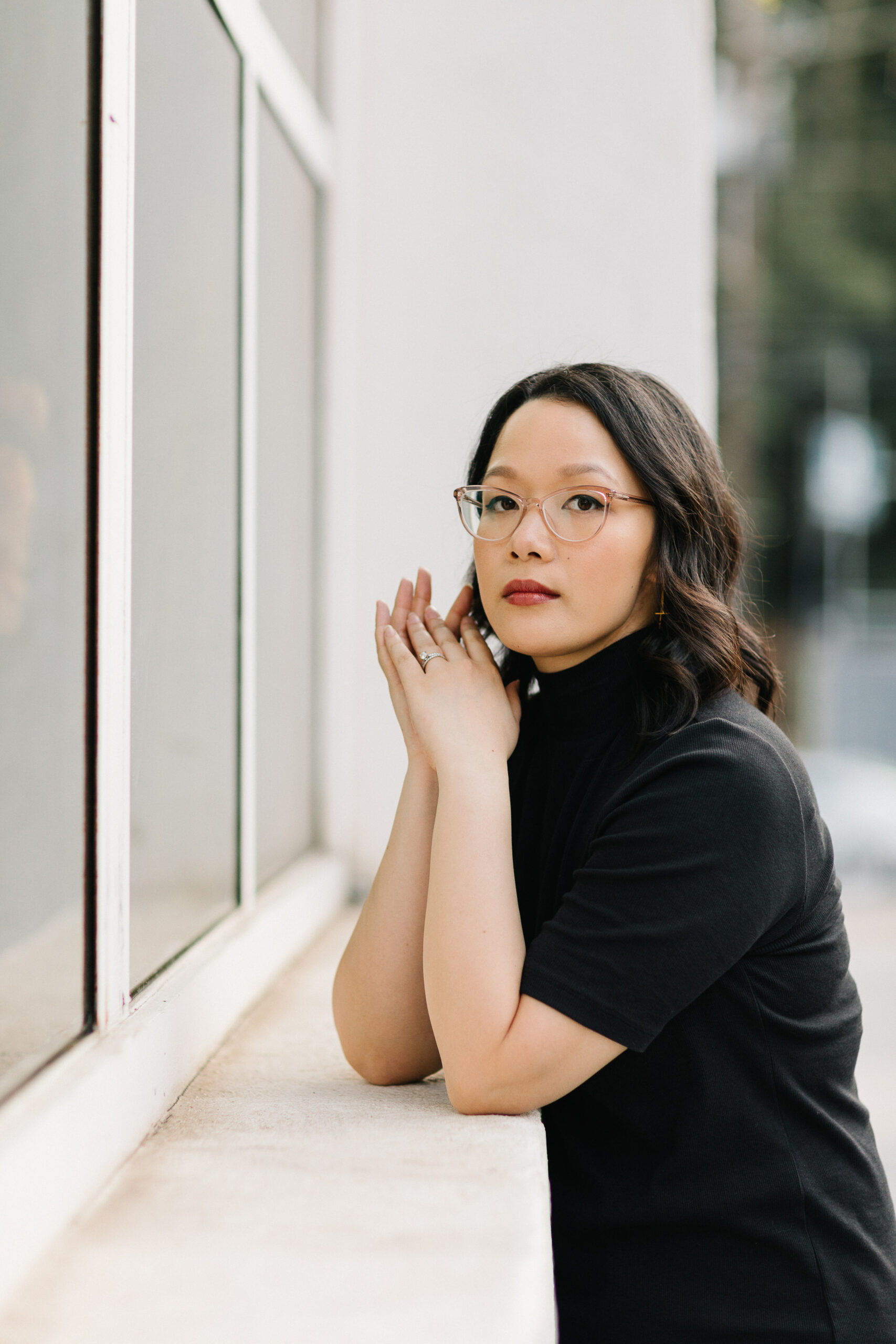
by Michele Kirichanskaya | Apr 14, 2023 | Blog
Trang Thanh Tran (they/she) is a Vietnamese American writer telling all stories scary, otherworldly, and emotional. Trang grew up in a big family in Philadelphia but now calls the South home. They’re an alum of the Writing Barn’s Rainbow Weekend and Tin House’s YA...
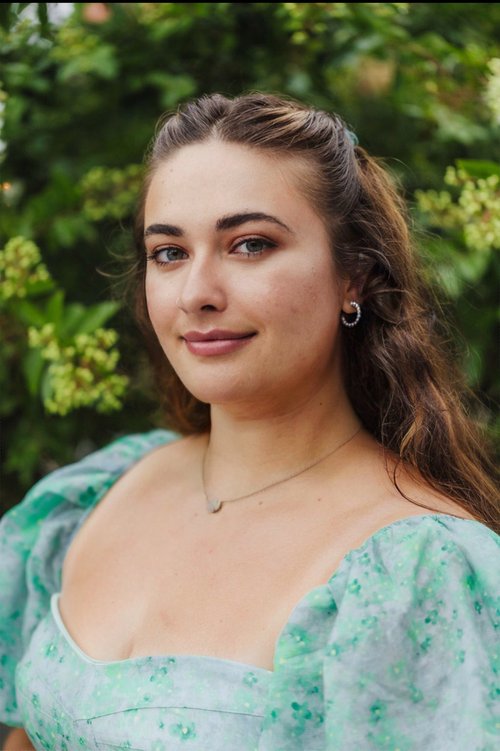
by Michele Kirichanskaya | Apr 8, 2023 | Blog
Jenna Voris writes books about ambitious girls and galaxy-traversing adventures. She was born and raised in Indiana—where she learned to love roundabouts and the art of college basketball—and now calls Washington D.C. home. When she’s not writing, she can be found...
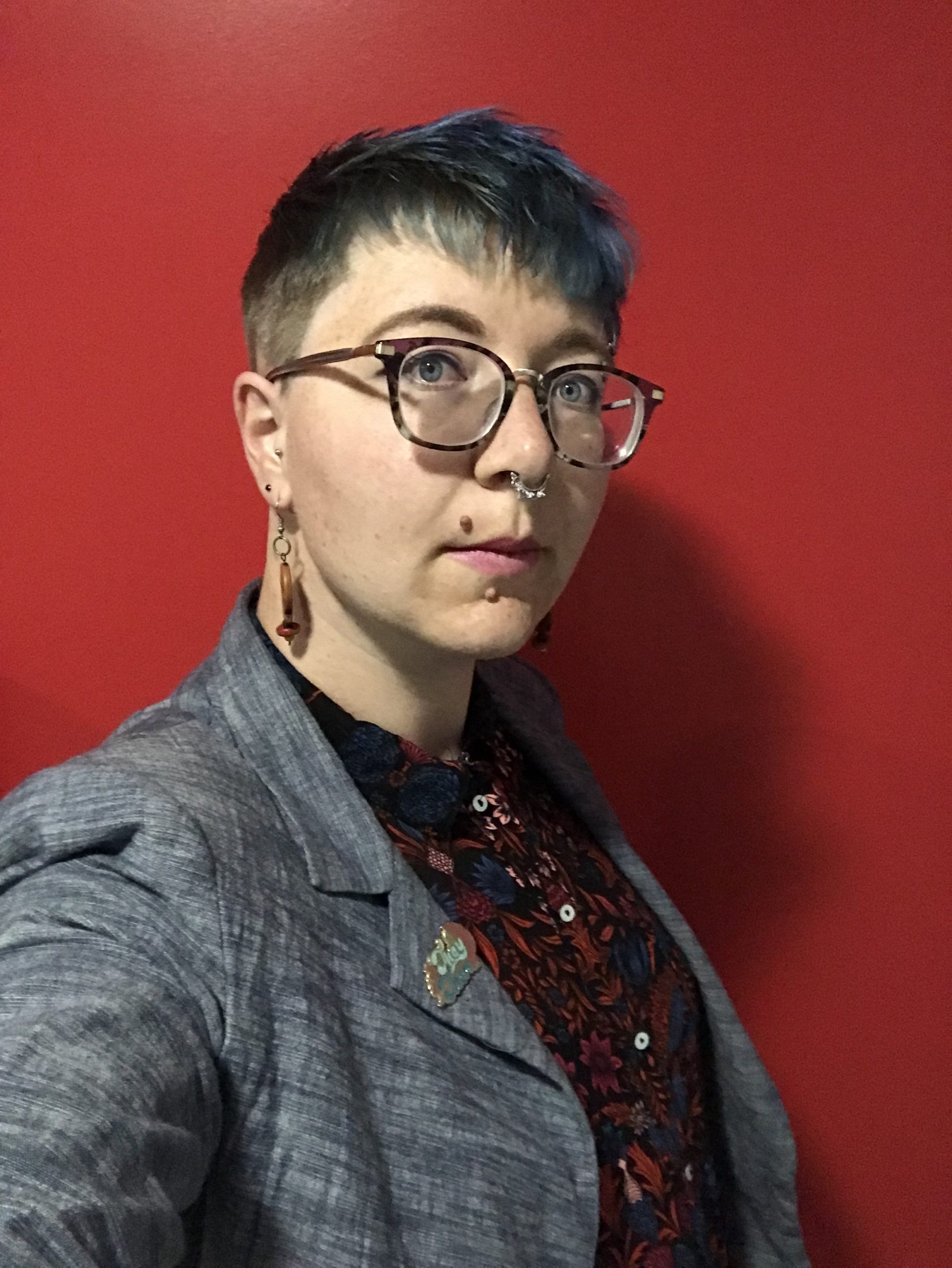
by Michele Kirichanskaya | Mar 9, 2023 | Blog
Melanie Gillman is a cartoonist and illustrator who specializes in LGBTQ books for kids and teens. They are the creator of the Stonewall Honor Award–winning graphic novel As the Crow Flies and Stage Dreams. In addition to their graphic novel work, they teach in the...






